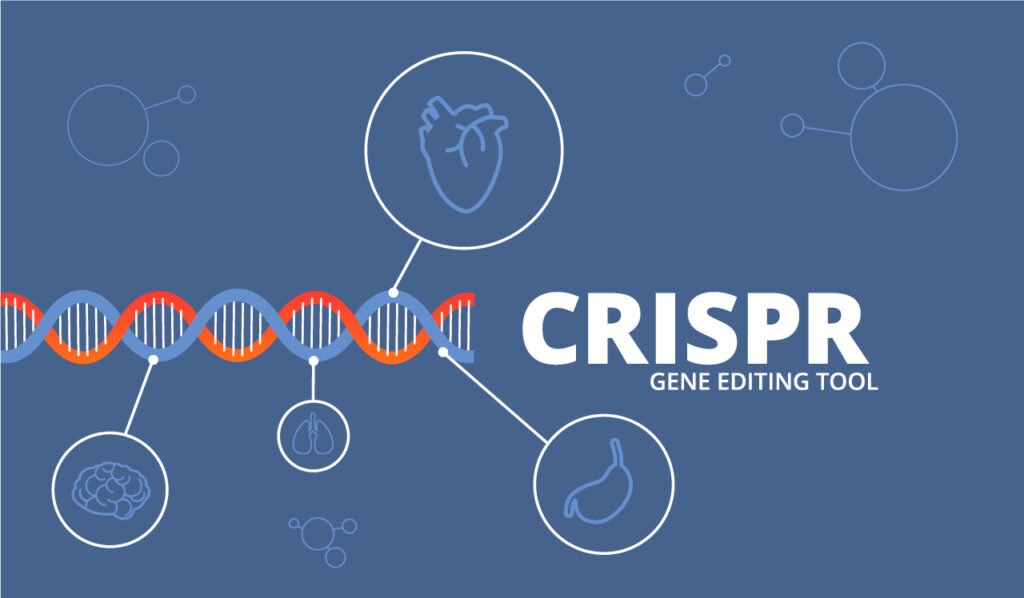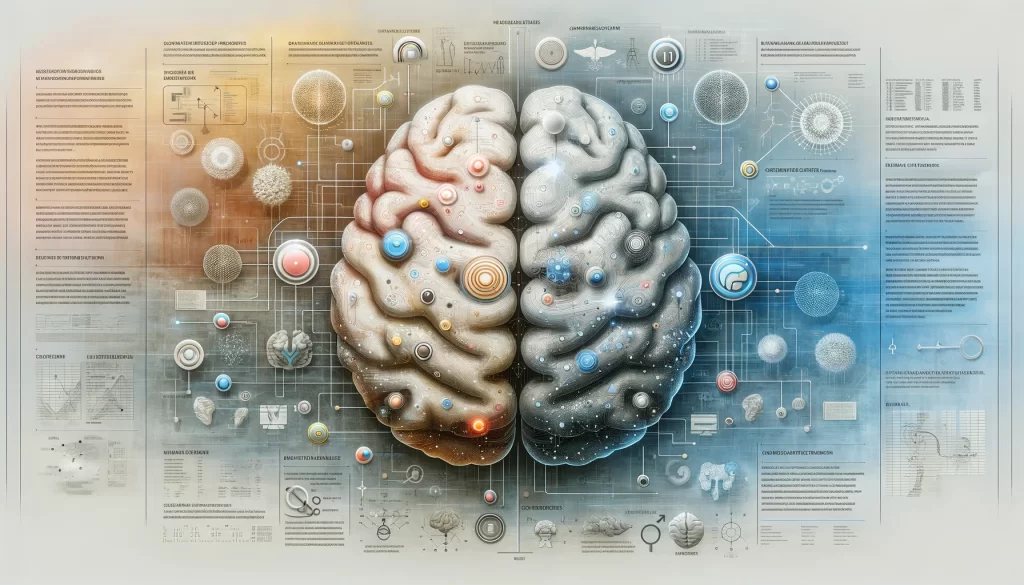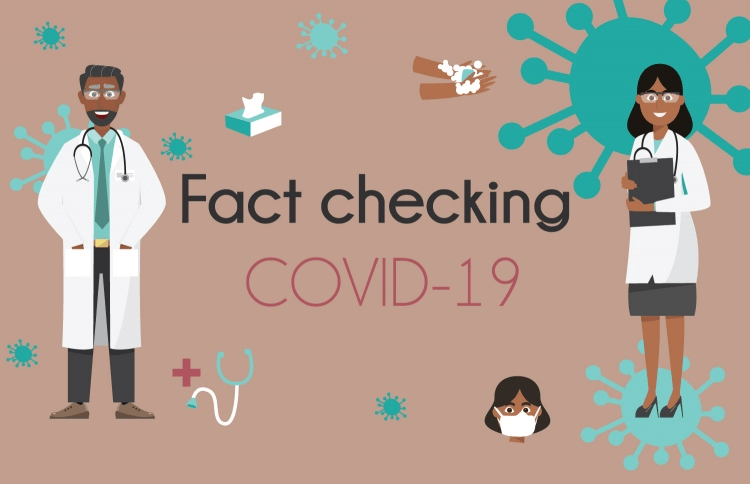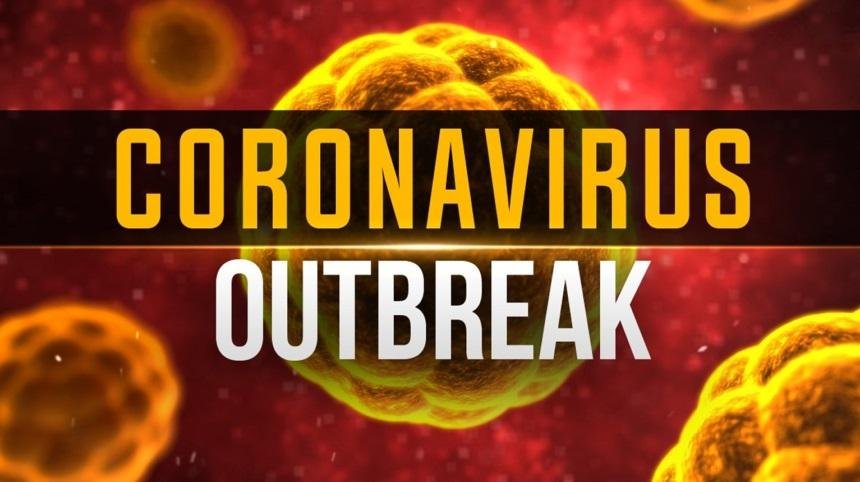Biohacking the World – The Future of Genetics

The genetic code of humans is what sets us apart from other species. The changes in our genome that have occurred over millions of years have shaped us into the types of individuals we are today. Though, many of the factors affecting our genenome in modern times are largely the result of generations of environmental and reproductive factors, things have changed today. Currently, we live in a more technologically capable world than ever before. The innovations in technology have not only been in material objects we use, like cellphones and electric cars, but also areas of genetic science. Specifically, there has been significant development of biotechnology that allows us to alter our very own genetic code. This combination of science and tech is known as genetic engineering, which is more commonly referred to as biohacking.
Genetic engineering is known as a process that uses existing genes from other biological organisms or brand-new genes that humans develop, and then implant them into a different organism. One technology in the realm of genetic engineering is CRISPR, which allows for specific changes in a gene sequence. Since the advent of CRISPR, scientists of all kinds and amateurs are using CRISPR technology to alter the genes of anything, from bacteria to human embryos; with the possibility to eliminate genetic defects in individuals that have inherited diseases, treat cancers or even grow organs in other mammals for humans. Since, not everyone is a scientist, there are products like “Genetic Engineering Home Lab Kits” or “Do-it-yourself Bacterial Gene Engineering CRISPR” kits, that anybody can purchase with a few clicks and access tools and guides to create their own specific genome edits at home, which can then be injected into the human body.
In recent years, with the use of the biohacking tools, ethically alarming experiments have been conducted like: a scientist created genetically modified twin babies with CRISPR, a man injected himself with a self-modified gene to cure his HIV, and also a biochemist who developed and self-tested a gene to increase muscle mass. With this advanced form of biotechnology and its limitless potential, there are serious ethical implications that society and the greater scientific community need to explore. This technology, improperly handled or used, makes biohacking a major concern to scientists, because they are unaware of what effects may arise from these edits – does it impact humans or the environment?, what happens to these gene edits both now and in the future generations? While the advancements in gene editing technologies can bring great promise to cure diseases or genetic issues, it can also lead to unintended consequences.
The use of these genome editing tools and the long-term benefits or harm that it can do to our DNA and the genes we pass down, has yet to be fully researched and understood. At a very basic level, we know genes are able to mutate and constantly changing, meaning an already edited gene could potentially create a new variant that humans, animals, or even microscopic bacteria may never have seen exist in their genome. Factoring that in with the modern day obsession to be the best looking, or most productive, or capable human in our society, such technologies can lead to unexpected consequences in the wrong hands. Whether social pressures or changing times are to blame, it doesn’t diminish the concern the world should have regarding gene editing technologies that are not fully understood and how quickly it can change the human race from natural to manufactured.
This brief overview and analysis on gene editing opens up the multiple factors we have to evaluate regarding this technology. It coincidentally touches impacts areas of science, technology, engineering, social society, and governments – with each having their own role.
The major stakeholders of such biotech are currently with major private companies, the scientific community, universities and several government agencies. Though viewpoints amongst these different communities vary at some degrees, there is general consensus that in the wrong hands or without proper regulation, what could be a major scientific advancement could also be very dangerous . The views of companies involved in the development and creation of such biotechnology primarily claim their efforts are geared toward an advancement for society or improving human well-being. While that may be true, private companies also have a bottom line. Any company leading such innovation can ultimately bet on such gains like increased profits, new products, and further develop other unknown biotechnologies. The science community in comparison can differ based on morals they individually hold as well as a community of proffesionals without such financial or personal gains. On one side, many in the scientific community claim the use and development of gene editing technolgies and related biotechnology can create unknown and untested outcomes, which can have unintended consequences. However, there are many scientists who view the use of these technologies to help cures diseases and create innovative science discoveries. Lastly and quite possibly the most difficult to interpret is the viewpoint of society at large. Our society or community that we live in, may have different viewpoints on such a technology depending on age, race, education, religion, amongst many other factors. Some may feel as if this innovation can solve and reverse harmful human impacts on the planet and our genome. Whereas some may think the creation and use of such technology can lead to a society that leaves out the vulnerable andmarginalized populations. While it’s difficult to make a mass assumption on right and wrong, this biotechnology growth and development has to be given more public attention and discussions need to be had regarding the ability to alter nature and how it can be beneficial or harmful in the pursuit of the next big scientific advancement.
The biggest issue between society and the other stakeholders is what the effects of genetic biotechnology can have in the short and long-term. As technology, humans, and science merge – society views some of these advancements as breach on normal life. This creates a major conflict between society and technology & science. Regardless of where your interests lie, the question arises, how is there a guarantee that the use of such technologies will or can lead humans to a better life?
Some steps that are important to discuss as this technology becomes more mainstream starts with:
- Educating people regarding the harms of using and testing biotechnology on oneself or using newly founded technologies. Providing informed and understandable knowledge to all who may encounter or use this technology, from scientific researchers to regular individuals, is of utmost importance.
- What is the ethical and moral ground that allows for scientific growth but also doesn’t negatively interfere with natural course of human nature with technological influence.
One of the most feasible solutions to the ethical conflicts arising from biotechnology would be to create and implement a biotechnology regulatory board that regulates everything from who’s allowed to create biotechnology to what areas of technology can be developed. In addition, smaller independent boards could be authorized to monitor and manage issues related to abuse, discrimination, and all the way to safeguarding individuals from harm. The board could be instituted at a federal level to create an infrastructure, regulations, and funding for states to individually implement smaller regulatory agencies to carry out the enforcement. Additionally, there has to be a dialogue of the science advancements and uses amongst healthcare providers and individuals. In an era that technology is also bridged into children’s lives extensively, making sure our scientific curriculum is updated with the most accurate scientific findings and theories is crucial to all future science innovation.
Nearly every person has their life intertwined with technology, even as you’re reading this article,on an electronic device that either fits on your wrist or in hand. The only question is, how intertwined do we want technology and science to be in our life and what cost? For a brief moment, just looking at technology independently, there will be those who say, it is great, and those who say, its bad for society. That is exactly where the issues surrounding genetic engineering, biohacking, and biotechnology stand today. While the population of the globe is growing, so are the amount of diseases the human population faces. So, while science is progressing to create solutions to problems, they may or may not always be acceptable to everyone. There is no simple answer to this, since it involves and could potentially affect the entire global population. To put it into perspective, the debate of how old planet Earth or if the Earth is round still rages on even today. Even today, scientists question some of the most fundamental scientific finds regarding human life, yet humans are also are pioneering into changing the fundamental foundations that make us human with experiments using biotechnology. At the same time, these technologies may very well have the capability to save millions of lives, but we are also trying to limit the use of it for a variety of politcal or social reasons. Ultimately, everyone will have to make their own choice as to what degree is such biotechnology a benefit for themselves and society.

Written By Pavan L.
Sep 12, 2022
Connect with Pavan L.
Latest Blogs
Breakthrough AI Study Unveils Gender-Specific Brain Features Linked to Cognitive Functions
In a new groundbreaking study, researchers...
The Impact of Healthcare Information on Covid-19 Perception
In the United States they are over 5.2...
10 Things You Need For Your First Day of Clinical Rotations
My name is Keshu Mahesh and I’m currently a...
Coronavirus in the US: Latest Updates on the Covid-19 Pandemic
Updated March 30, 2020, 9:00 PM EST In the...
Update on Coronavirus Outbreak and the Future of Pandemics
Updated March 6, 2020, 11:13 PM EST In the...



